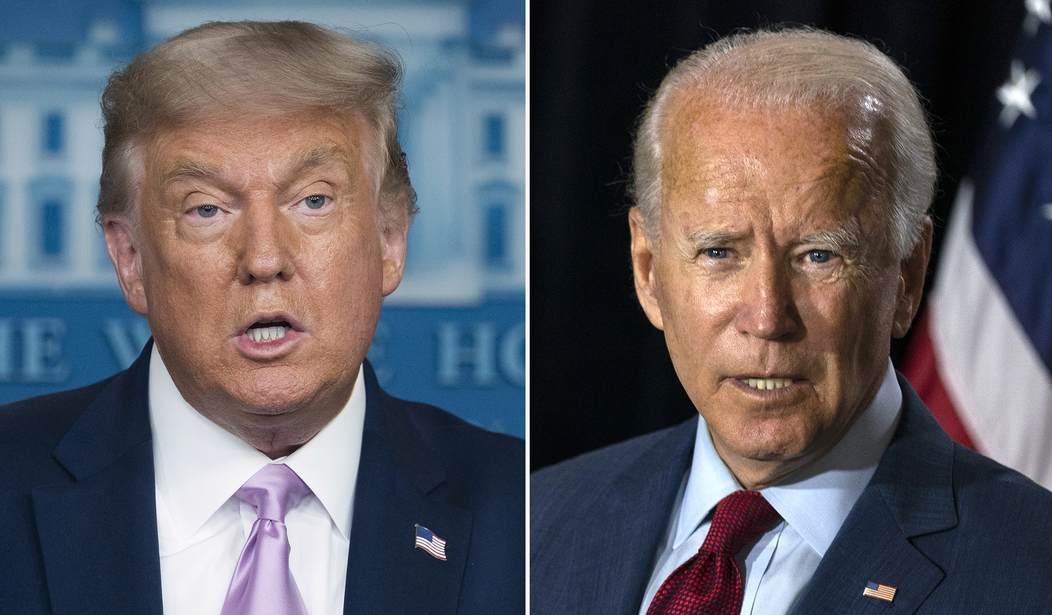“The Clinton campaign thinks that this campaign is over, I’ve got some bad news for her.” Sanders told reporters at a press conference Tuesday evening. “I think we can pull off one of the great political upsets in the history of the United States.”
Clinton had led Sanders in pre-election polls, but it appears that not enough of her supporters actually turned out to vote for her Tuesday.
He said he has an "uphill climb" to the nomination but he's "in this campaign to win and we are going to fight until the last vote is cast."
Sanders said he wants to debate Clinton in California.
“I sense a great deal of momentum,” said Sanders. “I sense some great victories coming.”
The latest headlines on the 2016 elections from the biggest name in politics. See Latest Coverage →
Clinton entered the night with 91 percent of the delegates she needs to become the first woman nominated by a major party.
Sanders called himself the “strongest candidate to prevent Trump from becoming president.”
“I think we have a path toward victory, although it is a narrow path.”
Despite a significant trail in the Democratic primary, Sanders said Sunday he will stay in the run until the end.
“We intend to fight for every vote and every delegate remaining,” Sanders said at a press conference in Washington, D.C., before heading to campaign events in Indiana.
Sanders has brought in about $26 million in April in his primary challenge to Clinton, a steep decline from the $46 million he raised in March, raising questions about whether he can sustain his powerful online money machine as his path to the nomination has substantially narrowed against Clinton.















